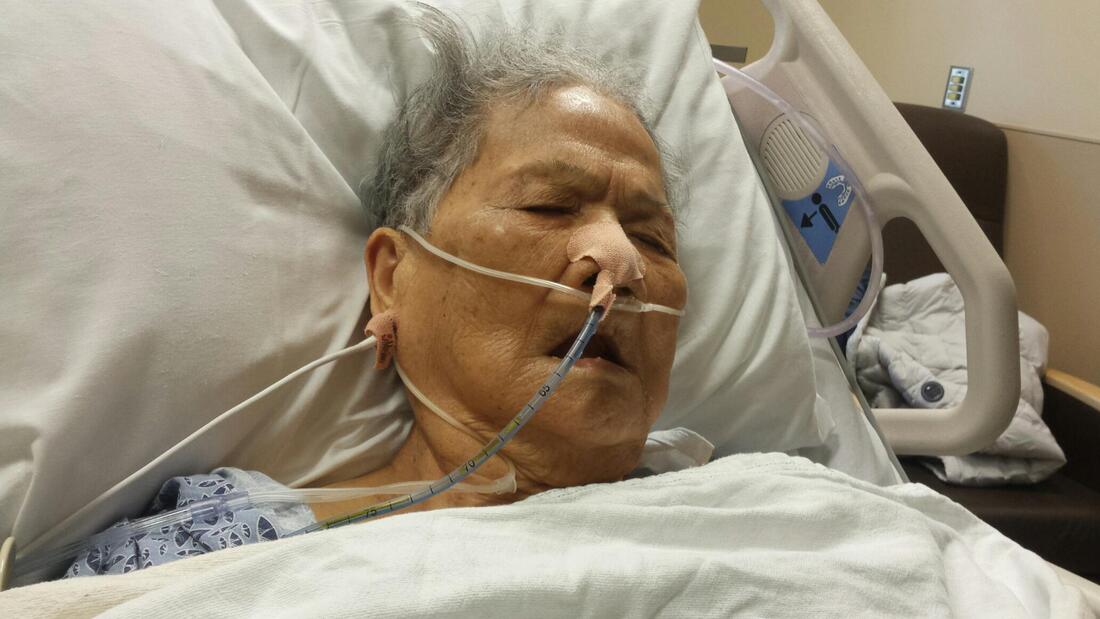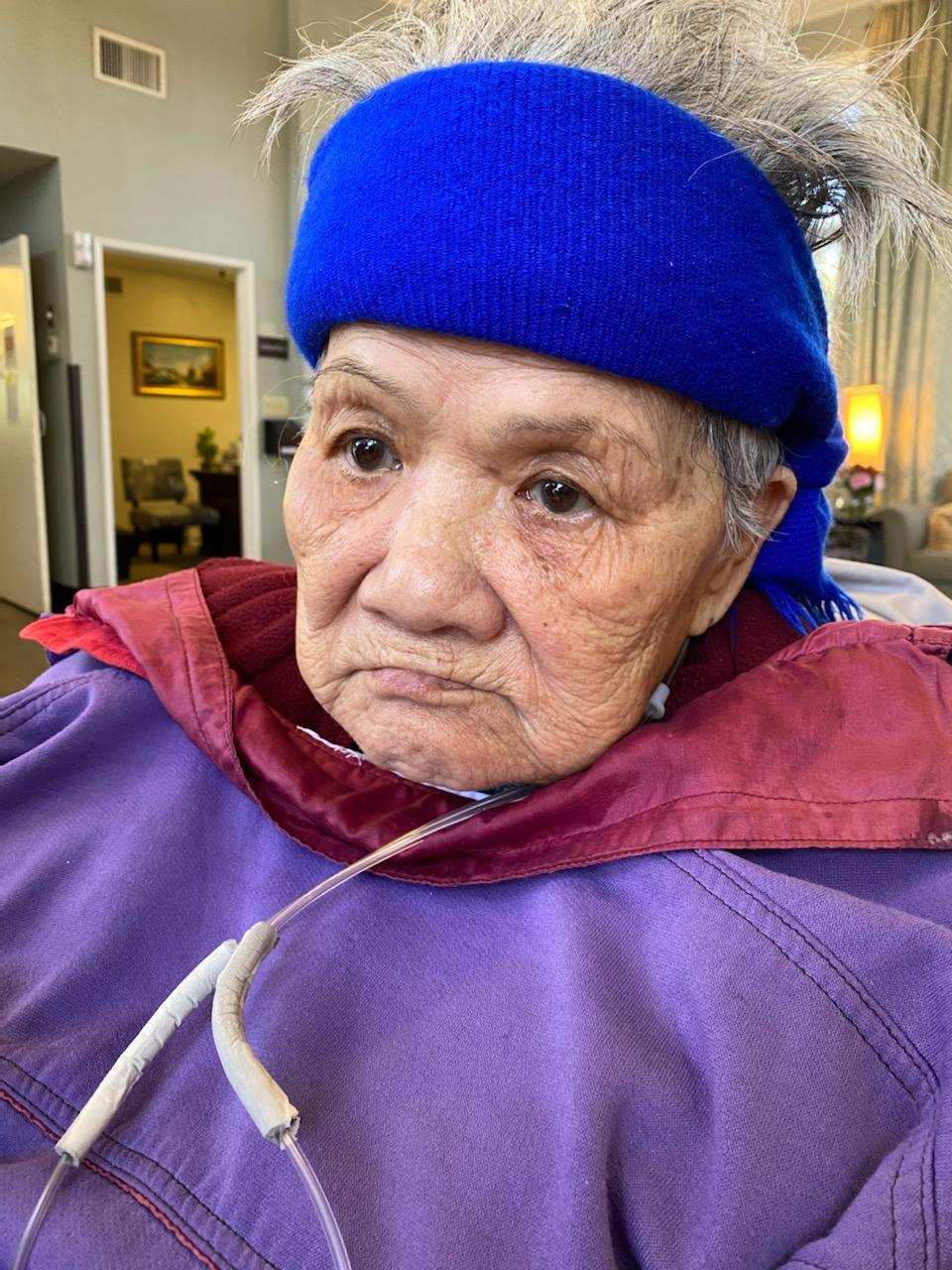What are the different types of strokes?
There are three main types of stroke: transient ischemic attack, ischemic stroke, and hemorrhagic stroke. It’s estimated that 87 percent of strokes are ischemic.
Transient ischemic attack
Doctors also call a transient ischemic attack (TIA) a warning or ministroke. Anything that temporarily blocks blood flow to your brain causes a TIA. The blood clot and TIA symptoms last for a short period of time.
Ischemic stroke
An ischemic stroke occurs when a blood clot keeps blood from flowing to your brain. The blood clot is often due to atherosclerosis, which is a buildup of fatty deposits on the inner lining of a blood vessel. A portion of these fatty deposits can break off and block blood flow in your brain. The concept is similar to that of a heart attack, where a blood clot blocks blood flow to a portion of your heart.
An ischemic stroke can be embolic, meaning the blood clot travels from another part of your body to your brain. An estimated 15 percent of embolic strokes are due to a condition called atrial fibrillation, where your heart beats irregularly.
A thrombotic stroke is an ischemic stroke caused by a clot forming in a blood vessel in your brain.
Unlike a TIA, the blood clot that causes an ischemic stroke won’t go away without treatment.
Hemorrhagic stroke
A hemorrhagic stroke results when a blood vessel in your brain ruptures or breaks, spilling blood into the surrounding tissues.
There are three main types of hemorrhagic strokes: The first is an aneurysm, which causes a portion of the weakened blood vessel to balloon outward and sometimes rupture. The other is an arteriovenous malformation, which involves abnormally formed blood vessels. If such a blood vessel ruptures, it can cause a hemorrhagic stroke. Lastly, very high blood pressure can cause weakening of the small blood vessels in the brain and result in bleeding into the brain as well.
What are the symptoms of a stroke?
The different stroke types cause similar symptoms because each affects blood flow in your brain. The only way to determine what type of stroke you may be having is to seek medical attention. A doctor will order imaging tests to view your brain.
The National Stroke Association recommends the FAST method to help identify the warning signs of a stroke:
- Face: When you smile, does one side of your face droop?
- Arms: When you raise both arms, does one arm drift down?
- Speech: Is your speech slurred? Are you having trouble talking?
- Time: If you experience any of these symptoms, call 911 immediately.
- sudden confusion, such as difficulty understanding what a person is saying
- difficulty walking, sudden dizziness, or loss of coordination
- sudden, severe headache that doesn’t have any other known cause
- difficulty seeing in one or both eyes
What complications can a stroke cause?
A stroke is a medical emergency for a reason — it can have life-threatening consequences. The brain controls the major functions of human life. Without blood flow, your brain can’t manage breathing, blood pressure, and much more. Complications can vary according to the stroke type and if you are able to successfully receive treatment. Examples of complications include:
Behavior changes: Having a stroke can contribute to depression or anxiety. You also may experience changes in your behavior, such as being more impulsive or more withdrawn from socializing with others.
Speech difficulties: A stroke can impact areas of your brain having to do with speech and swallowing. As a result, you may have difficulty reading, writing, or understanding other people when they’re speaking.
Numbness or pain: A stroke can cause numbness and decreased sensation in parts of your body. This can be painful. Sometimes injury to the brain can also affect your ability to sense temperature. This condition is known as central stroke pain and can be difficult to treat.
Paralysis: Because of the way your brain works to direct movement, a stroke in the right side of your brain can affect movement on the left side of your body and vice-versa. Those who’ve had a stroke may not be able to use facial muscles or move an arm on one side.
You may be able to regain lost motor function, speech, or swallowing abilities after a stroke through rehabilitation. However, these can take time to regain.
How are strokes treated Allopatically?
Treatments for stroke depend on many factors. These include what kind it is and how long it lasted. The sooner you can seek help after a stroke, the more likely you’ll have a better recovery.
TIA
Treatments for TIA include taking medications that will help prevent future strokes. These medications include antiplatelets and anticoagulants. Antiplatelets reduce the likelihood that components of your blood called platelets will stick together and cause a clot. Aspirin and clopidogrel (Plavix) are antiplatelet medications.
Anticoagulants are medications that reduce the buildup of clotting proteins. Several different types of these medications exist, including warfarin (Coumadin) and dabigatran (Pradaxa).
A doctor may also recommend a surgery called a carotid endarterectomy. This removes plaque buildup in the carotid artery of your neck, which is a major cause of stroke.
Ischemic stroke
The ischemic stroke treatments you receive depend on how quickly you get to a hospital. They also depend on your individual medical history.
If you seek treatment within three hours for this type of stroke, your doctor may be able to give you a medication known as tissue plasminogen activator (tPA). This medication, which is delivered through an IV, can dissolve the clot. However, not all people can receive tPA due to risks for bleeding. Your doctor has to carefully consider your medical history before administering tPA.
Doctors can use procedures to physically remove the clot or deliver clot-busting medications to your brain.
Hemorrhagic stroke
Hemorrhagic stroke treatments involve trying to stop bleeding in your brain and reduce the side effects associated with brain bleeding. Side effects may include increased intracranial pressure. Surgical procedures include surgical clipping or coiling. These are designed to keep the blood vessel from bleeding further.
You may be given medications to reduce intracranial pressure. You may also need blood transfusions to increase the amount of blood-clotting materials in your blood to try to stop bleeding.
What is the outlook for each stroke type?
An estimated one-third of people who experience a TIA will go on to have a full ischemic stroke within a year. Seeking treatment reduces the chances of this happening. If a person has had a stroke, their risk of having another increases. It’s estimated that one-fourth of people who’ve had a stroke will have another within five years.
There are many lifestyle changes you can adopt to reduce your risks of ever having a stroke or a reoccurrence. Examples include:
- increasing physical activity
- eating a healthy diet to maintain a normal weight for your height and build
- reducing binge drinking and limiting drinks to no more than one per day for women and one to two per day for men
- refraining from using illegal drugs known to contribute to stroke, such as cocaine and methamphetamines
- taking medications as prescribed to reduce blood pressure and encourage blood glucose control
- wearing a continuous positive airway pressure mask if you have sleep apnea to reduce the demands on your heart"
Homeopathy has been successfully treating people who have suffered stroke for over 200 years. Though it is rare for Homeopath to be in a position to treat a patient who has suffered a stroke in the U.S., it is still commonly used in Indian Homeopathic emergency care and post stroke recovery with incredible success.
There are great advantages to using Homeopathy. Giving the proper Homeopathic remedy in the right potency in the right frequency stimulates the patients natural healing ability to come back from the edge of death and rapidly restore functionality. Even though a stroke often is a serious life altering event, Homeopathic treatment is relatively simple compared to treating a long standing chronic disease.
I recently got a chance to use Homeopathy in a Ischemic stroke in a 92 years old woman with a diagnoses of hypoxia of the brain stem with a prognoses of never regaining consciousness. The family decided to remove life support and let her pass away naturally. One of the family members knew about Homeopathy and asked for me consultation. Using my training and a Homeopathic book on treating stroke cases, I put together a stroke and end of life kit for her to take into the ICU. Using modern technology of cell phone, texting, photos and video I consulted the daughter on what remedies to use and when. The patient’s symptom manifested just as I had been taught so treatment was very strait forward. First remedy removed edge of death anxiety and restored vital heat. Second remedy restored consciousness within seconds. At this point the family decided to put in a feeding tube because the doctors insisted she wouldn’t ever be able to chew food or speak. With careful guiding of repetition and potency of this remedy, the patient soon regained motor function and started physical therapy, as well as beginning to say a few words. The third remedy was soon followed by the patients eating food orally. The patient has continued to improve rapidly over the course of 2 weeks and still continues to recover as I still continue to consult on this case.
We all know people who have suffered strokes to lie in comas or to live a life of severe handicap. Thousands of case records have shown patients who have suffered strokes have much better outcomes from Homeopathy. If you or someone you know and care about are at high risk for stroke and you would like to know more how to be prepared Homeopathically please fill free to contact me.


 RSS Feed
RSS Feed